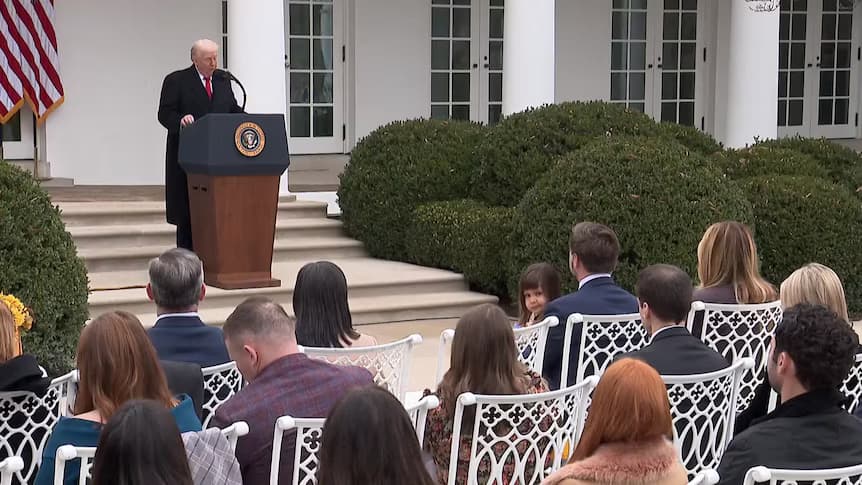We're loading the full news article for you. This includes the article content, images, author information, and related articles.
A US-led peace initiative to end the nearly four-year war in Ukraine is gaining momentum, with significant implications for Kenya's economy and diplomatic posture as global attention focuses on high-stakes negotiations in Europe and the Middle East.

A US-drafted peace plan aimed at resolving the Russia-Ukraine conflict has entered a critical phase, with top American envoys scheduled to meet with Russian and Ukrainian leadership this week. On Tuesday, November 25, 2025, US President Donald Trump announced he had dispatched Special Envoy Steve Witkoff to Moscow for discussions with Russian President Vladimir Putin. Simultaneously, US Secretary of the Army Dan Driscoll is engaging with Ukrainian officials to finalize the terms of the proposal. This flurry of diplomatic activity follows weekend talks in Geneva where US and Ukrainian officials reached a "common understanding" on a revised framework for peace.
The original 28-point proposal, which reportedly included controversial demands for Ukraine to cede territory and abandon its ambitions to join NATO, has been significantly amended. Following objections from Kyiv and European allies, the plan was reportedly streamlined to 19 points during the Geneva consultations. Ukrainian President Volodymyr Zelensky confirmed on Tuesday that the framework now incorporates "many correct elements" and that sensitive issues are pending direct discussion with President Trump. President Trump, in a social media post, stated the plan had been "fine-tuned, with additional input from both sides" and that he would meet with both Zelensky and Putin only when a deal is final or in its concluding stages.
The diplomatic push is being led by two key figures in the Trump administration. Steve Witkoff, a real estate developer and investor, was appointed as a special envoy and has been central to negotiations, having previously worked on a ceasefire agreement in Gaza. Dan Driscoll, the 26th US Secretary of the Army, has emerged as an unlikely but pivotal negotiator, holding talks with Russian and Ukrainian delegations in Abu Dhabi, United Arab Emirates, in the days leading up to the latest announcements. Driscoll, a former Army officer and venture capital executive with close ties to Vice President JD Vance, has been tasked with bridging the remaining gaps between the warring parties.
While the White House has expressed optimism, stating on Tuesday that "tremendous progress" has been made, it acknowledged that "delicate, but not insurmountable, details" remain. Kremlin spokesman Dmitry Peskov previously noted that the US proposal "could become a very good basis for negotiations," but Russia's formal response to the revised plan is pending Witkoff's visit to Moscow. European leaders, initially alarmed by the US plan's perceived concessions to Russia, have reportedly submitted amendments to ensure Ukraine's long-term security interests are protected.
While geographically remote, the war's resolution holds significant weight for Kenya. The conflict has directly impacted Kenyan households by disrupting global supply chains for grain, fertilizer, and fuel, contributing to rising inflation and cost of living. The Black Sea Grain Initiative was vital for stabilizing food prices in East Africa, and a sustainable peace is seen as crucial to preventing renewed volatility in essential commodity markets. The United Nations Development Programme has noted that price shocks from the war have slowed Kenya's economic recovery and its progress toward Sustainable Development Goals.
Diplomatically, the nature of the peace settlement is of keen interest. Kenya has been a vocal proponent of respecting national sovereignty and territorial integrity, a principle underscored by its statements at the United Nations at the war's outset. A peace deal perceived as rewarding territorial acquisition through force could challenge the foundations of the international rules-based order, a cornerstone of African Union principles and Kenyan foreign policy. The outcome of these high-stakes negotiations will therefore be closely monitored in Nairobi, not only for its immediate economic impact but also for its broader geopolitical ramifications for the continent.
Keep the conversation in one place—threads here stay linked to the story and in the forums.
Sign in to start a discussion
Start a conversation about this story and keep it linked here.
Other hot threads
E-sports and Gaming Community in Kenya
Active 9 months ago
The Role of Technology in Modern Agriculture (AgriTech)
Active 9 months ago
Popular Recreational Activities Across Counties
Active 9 months ago
Investing in Youth Sports Development Programs
Active 9 months ago